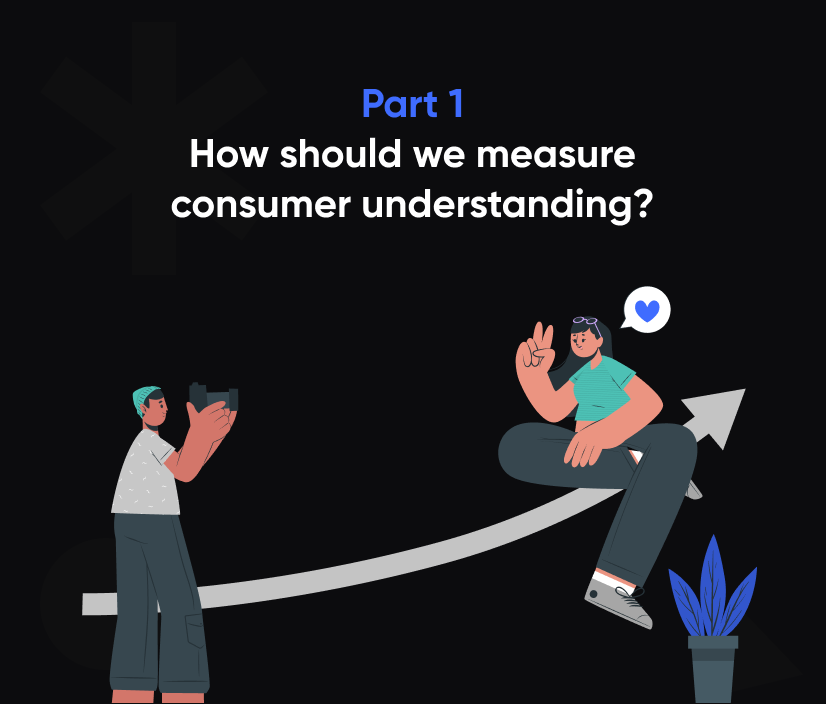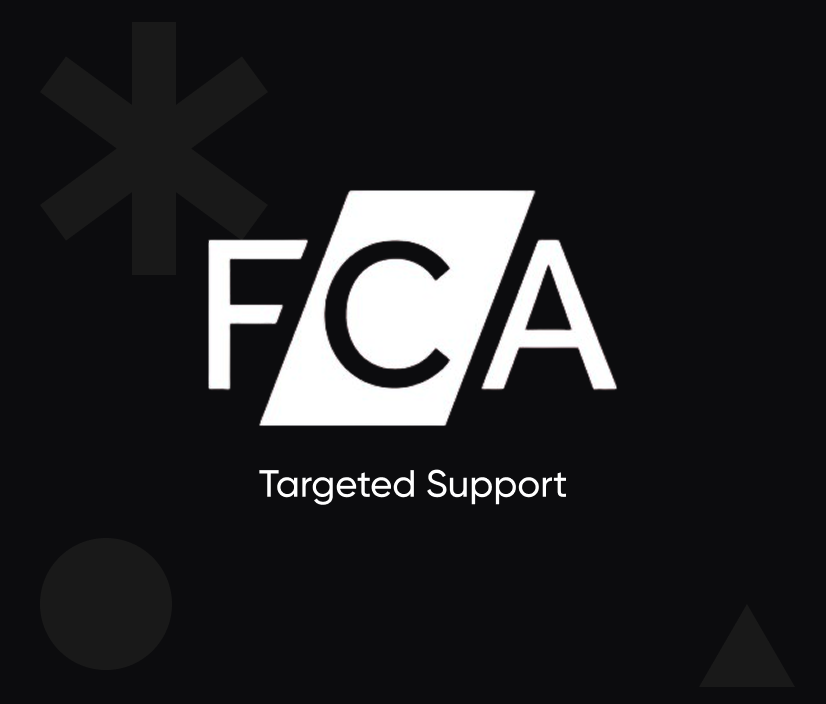Consumer Duty in Practice – Strategic Rebalancing and the New Enforcement Reality



The Financial Conduct Authority’s (FCA) new five-year strategy to 2030 has fundamentally reframed how Consumer Duty operates within the regulatory ecosystem. This is no longer just a compliance exercise. The Duty sits at the heart of the regulator's mission to "deepen trust, rebalance risk, support growth and improve lives". For firms, this represents both unprecedented opportunity and existential risk.
Strategic Pivot: From Implementation to Impact
After two years of Consumer Duty implementation, the FCA has declared a shift of focus. It has moved from the "implementation phase" to the "impact phase" with targeted challenges across multiple financial services sectors.
But the regulator's September 2025 focus areas reveal the next battleground. Four cross-cutting projects will dominate 2025/26.
- Reviewing products and services outcomes
- Approaches to outcome monitoring
- Customer journey design
- Consumer understanding outcome
The consumer understanding review is particularly significant and will provide a target for Claims Management Company (CMC) attack. The FCA has identified credit card promotions as a "particular concern," with firms required to demonstrate that customers genuinely understand complex pricing structures, not merely that terms are written in plain English. This represents a seismic shift from disclosure-based compliance to outcome-based accountability.
The Fair Value Enforcement Revolution
The FCA's approach to fair value has evolved from guidance to systematic enforcement. Market studies across pure protection insurance, unit-linked pensions, and premium finance markets demonstrate the regulator's determination to quantify and challenge value propositions across entire sectors.
Recent enforcement data reveals the scale of change. For 2024/25, the FCA estimates ongoing benefits of its rulemaking at £6.0 billion. This isn't regulatory rhetoric; it's measurable consumer value extraction from firms that previously operated with impunity.
The premium finance market study exemplifies this approach. With nearly 20% of consumers paying over 30% APR, the FCA has mandated enhanced transparency and competitive scrutiny. Similar treatment awaits SME business current accounts and wealth management model portfolio services, where fair value assessments face systematic regulatory challenges.
CMC Weaponisation of Regulatory Standards
As highlighted in my last blog, professional representatives have rapidly adapted to exploit Consumer Duty vulnerabilities. Only 25% of CMC cases submitted to the Financial Ombudsman succeed (compared with 37% of direct claims). Yet CMCs are responsible for 46% of all cases submitted to the FOS.
The sophistication of this targeting has evolved beyond traditional mis-selling claims. CMCs now deploy Consumer Duty terminology as complaint templates. Phrases such as "fair value" assessments, "foreseeable harm" identification, and "consumer understanding" failures are commonplace. They provide ready-made regulatory hooks for industrial-scale complaint generation.
Credit cards represent the current frontline. The FCA's focus on "consumer understanding in the credit card market" creates perfect conditions for CMC exploitation, particularly around complex interest calculations, rate variations, and persistent debt management. With the regulator explicitly raising the bar on consumer comprehension rather than mere disclosure, every unclear communication becomes a potential liability.
The New Enforcement Architecture
The FCA's 2025-30 strategy delivers enforcement with unprecedented speed and focus. Over half of current enforcement operations are less than two years old, with the regulator prioritising "impactful deterrence" over industry accommodation. The numbers speak volumes: 37 Final Notices, over £186 million in fines, and 1,456 cancelled authorisations in the last 12 months alone.
This enforcement acceleration directly supports Consumer Duty objectives. Poor value products face systematic challenge, misleading promotions trigger rapid intervention, and firms demonstrating inadequate outcome monitoring find themselves under intensive supervisory pressure.
The regulatory message is clear: Consumer Duty compliance cannot be retrospective. Firms waiting for complaints or regulatory pressure before addressing outcome failures will face the full force of an increasingly aggressive enforcement regime.
Strategic Implications: Beyond Compliance to Competitive Advantage
The FCA's strategic rebalancing creates winners and losers across financial services. Firms that recognise Consumer Duty as competitive differentiation rather than compliance burden will thrive in the new environment.
The regulator's commitment to "rely on the Duty as much as possible rather than creating new prescriptive rules" rewards firms with sophisticated outcome monitoring and proactive customer-centricity. Early evidence suggests such firms face reduced supervisory intensity, faster authorisation processes, and enhanced regulatory confidence.
Conversely, firms treating Consumer Duty as box-ticking face a significant disadvantage. CMC targeting, regulatory scrutiny, and competitive pressure from more compliant competitors will only increase. This creates a vicious cycle of declining performance and increasing regulatory burden. Looser prescriptions and wider guard rails do not reduce the peril firms face, whether from regulatory sanction or CMC attack. Firms will have to demonstrate how they are meeting these higher standards. Only now, without the benefit or burden of a rigid approach.
The Technology Imperative
The FCA's "increasingly tech-positive approach" creates new possibilities for Consumer Duty compliance. Artificial intelligence, automated outcome monitoring, and predictive customer analytics enable firms to identify and address potential harm before it materialises. But it’s more than technology changes. It requires a fundamental shift in mindset and shedding the pretence that the current system isn’t broken.
The FCA called out the gap between what’s happening now and the context of the current motor finance redress consultation. In relation to understanding, they noted:
“Most holders of motor finance in the research felt that the provider had explained the terms of the finance clearly (78%) and that they had understood what was going on at each stage of the vehicle purchase process (82%). The Yonder consumer research, covering consumers who took out their motor finance agreements between 2019 and October 2024, found that while most consumers reported a good level of understanding of the terms of their agreement, this often proved to be more superficial when probed further.”
This illustrates the regulatory understanding gap and firms risk not only FCA sanction but CMC attack if they don’t move on from their current positions. [Amplified Global’s research, which the FCA have utilised, supports the existence of this gap. The tools developed as a result both help highlight and close the gap.]
Looking Forward: The Growth-Protection Balance
The FCA's 2025-30 strategy explicitly balances growth support with consumer protection. This creates opportunities for firms demonstrating genuine customer value while maintaining commercial viability.
But this rebalancing comes with a price: higher standards, systematic enforcement, and zero tolerance for poor customer outcomes. The Consumer Duty era has moved definitively beyond implementation guidance to performance accountability.
Firms that embrace change will enjoy stronger customer relationships. They may see less regulatory burden and an increasing competitive advantage over slower-moving competitors.
Those that don't may find themselves facing the combined pressure of CMC targeting, FCA enforcement, and market disadvantage. This combination has already proven terminal for some.
The Consumer Duty revolution is accelerating, not stabilising. The question facing financial services leadership isn't whether to embrace this transformation. It is whether they can do so quickly enough to survive and thrive in the new regulatory reality. Firms need to make sure they have the right tools to deliver.











